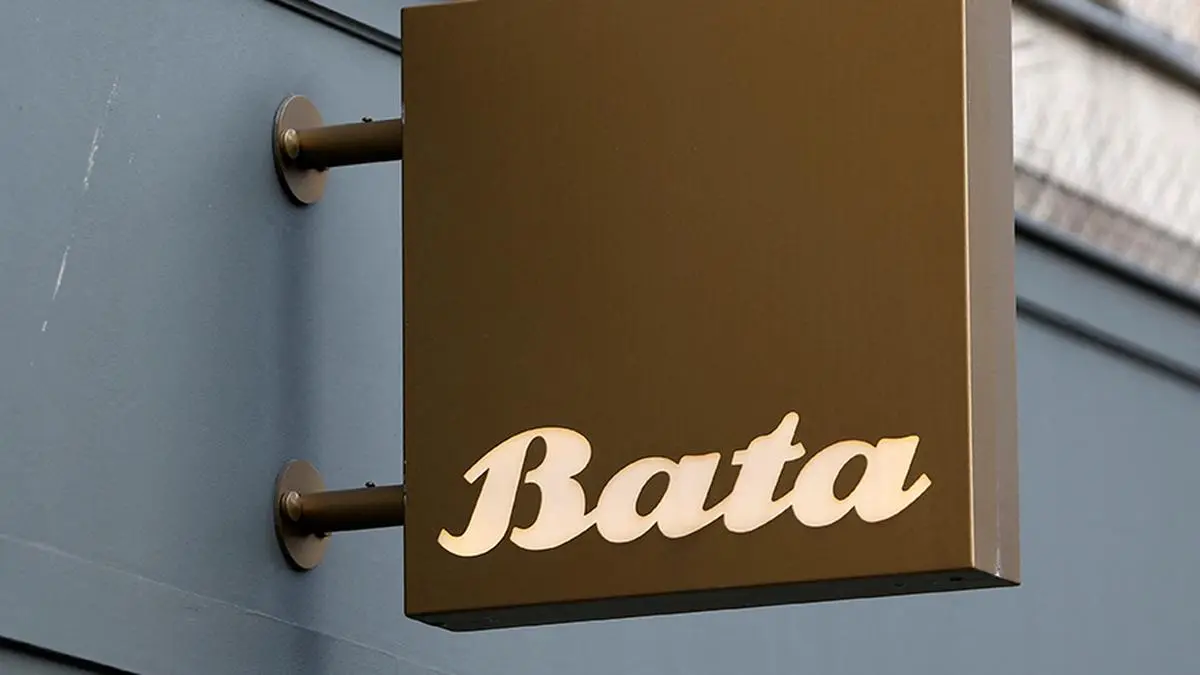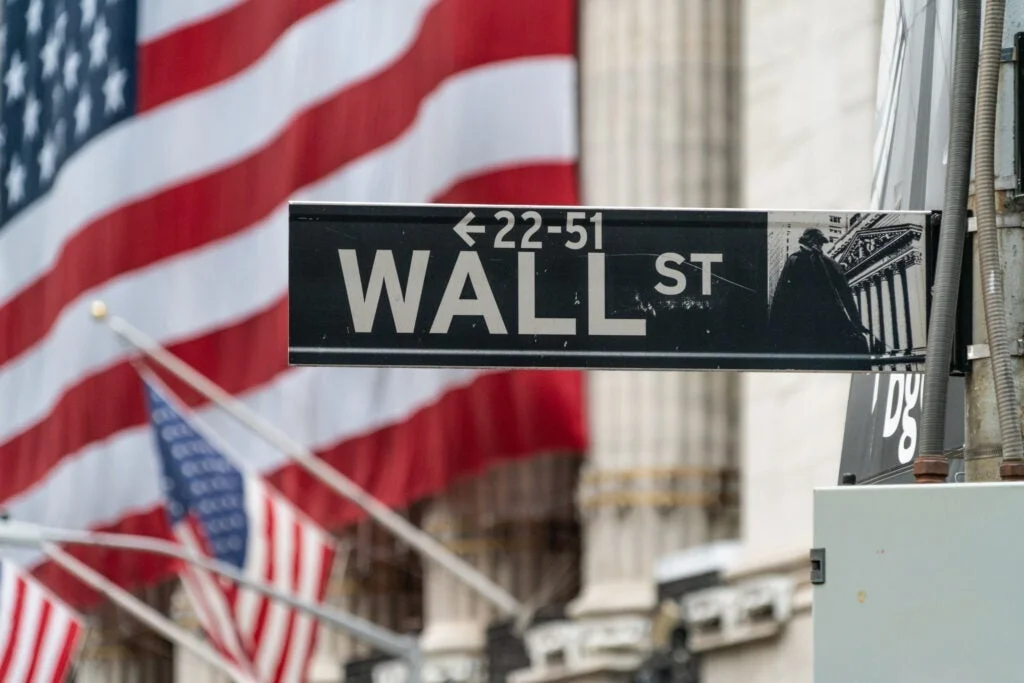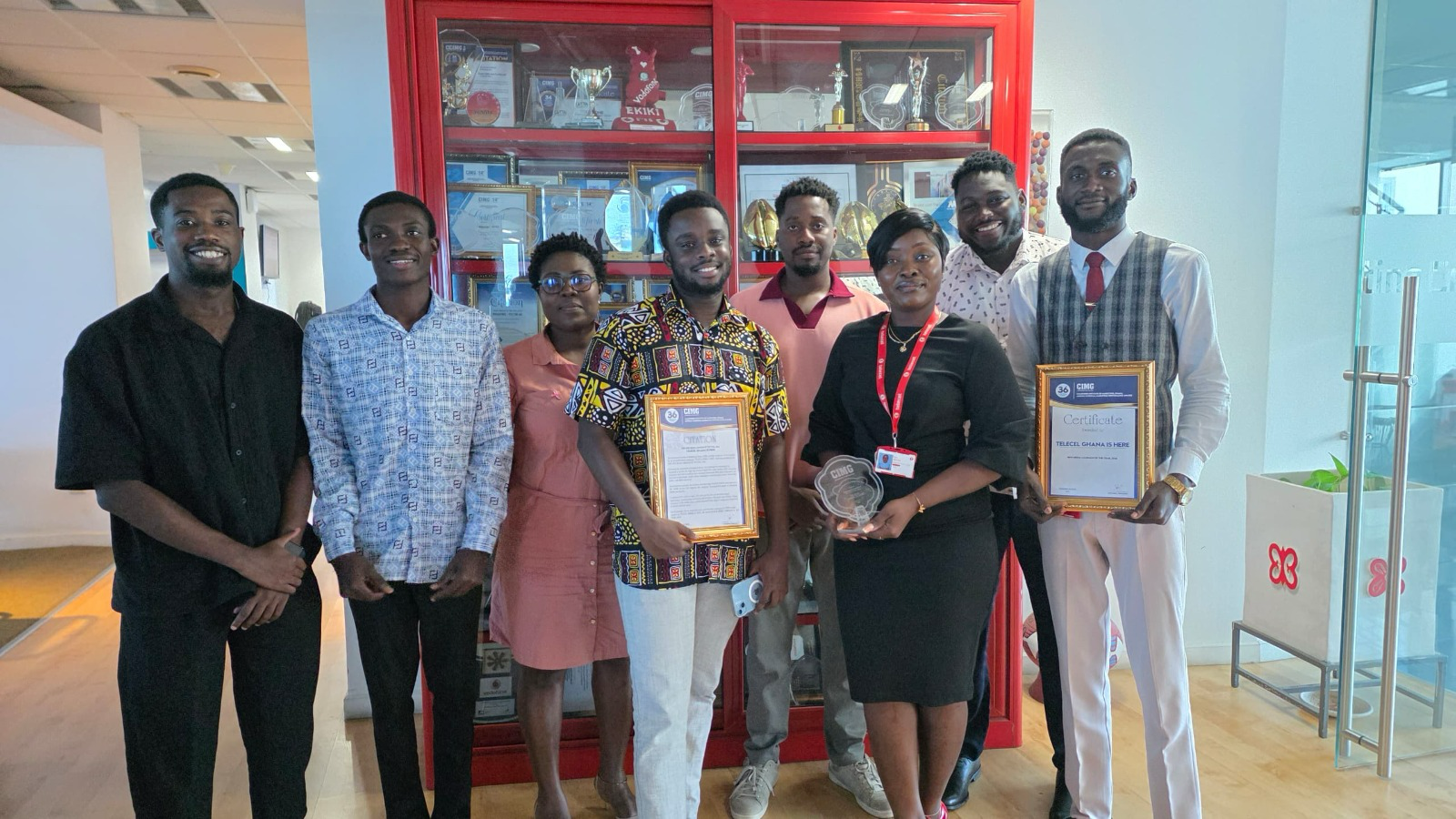Copyright The Boston Globe

These issues are not necessarily new for the downtown, but many believe they were exacerbated by dispersals in 2022 and 2023 of homeless encampments at the “Mass. and Cass” intersection on the South End-Roxbury border. Downtown Boston Neighborhood Association cofounder Rishi Shukla told the crowd on Thursday that the sentiment among his members has shifted somewhat with the increased patrols and outreach within the past 12 months — though there’s still plenty of room for improvement. Last year around this time, 70 percent of his members said they felt less safe in Downtown Boston and the Boston Common than they did a year earlier, and only 2 percent said they believed they were “more safe.” This year, in contrast, 34 percent said they believe it’s become less safe in the area, and 17 percent said they’ve seen improvements in the past year. (Around half of members reported no change.) “We can’t let up,” said city councilor Ed Flynn, who represents much of the area. “We have made some progress, not a lot of progress, but some progress.” Michael Nichols, president of the Downtown Boston Alliance business group, said the downtown now has its lowest retail vacancy rate since the COVID-19 pandemic began in early 2020, and office vacancies are starting to improve as well. Nichols pointed to two recent big lease signings along Washington Street — Uniqlo taking over the long-empty former Barnes & Noble space, and Teso Life moving into a former Forever 21 shop — as evidence. “They have a greater level of comfort in the neighborhood,” Nichols said of retail and office tenants. “The trend lines are really good but they all started with the pivot in safety within the last year. ... We’re really appreciative of the work that’s been accomplished in the last year and we believe we can continue in the same vein going forward.” The business alliance’s data shows about 65 empty storefronts remain out of 500 within the group’s service area, down from around 120 two-plus years ago. Foot traffic in the area continues to improve as well, although it remains at about three-quarters of pre-pandemic levels. (In Boston’s broader central business district, around one-fourth of the office space remains empty.) Restaurateur Babak Bina says his friends often ask him why he opens locations downtown. Bina, whose restaurants include JM Curley and Temple Records, said he remains a big believer in the neighborhood’s potential. “I think we can do better, that’s why we are at this table,” Bina said. “We keep saying we’re a world-class city. We need to live up to that. ... We can’t claim to have a great city without a great downtown.” Shoplifting remains a concern, and not just downtown. A recent brazen theft from a Lululemon store in the Back Bay came up at the summit — as did the state’s threshold of $1,200 in merchandise stolen, for what constitutes felony larceny versus a misdemeanor. State lawmakers raised that threshold in 2018 from $250, but are now facing pressure to revisit it. Representative Aaron Michlewitz, a Boston Democrat who chairs the House Ways and Means Committee, indicated his colleagues on Beacon Hill are open to the discussion. “We can reengage in that conversation to see what is working and what is not working,” Michlewitz said. “Certainly, it’s not just a downtown Boston conversation.”



